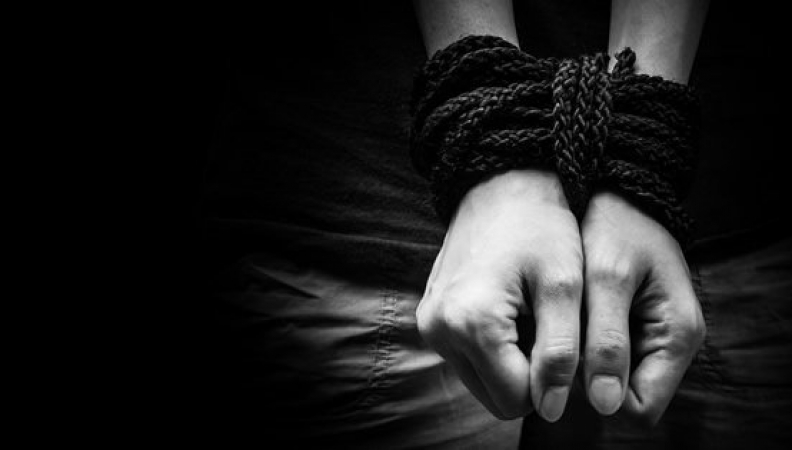Having been kidnapped by Boko Haram, held for almost a year, and raped by several militants, 28-year-old Aisha Umar could have been forgiven for believing her ordeal was over when she escaped and returned to her hometown in northeast Nigeria last year.
But the mother-of-four was forced to flee her home in the town of Gwoza a fortnight ago when a man threatened to murder her two-year-old boy Mohammed, the son of a Boko Haram fighter.
“He told me that if I didn’t take the child away, he would buy petrol and set the boy on fire until he burned to ashes,” Umar told the Thomson Reuters Foundation by phone from Madagali, 22 km (14 miles) away, where she now lives with her brother.
The man, who saw Boko Haram kill three of his children, was one of many people in Gwoza who made it clear to Umar that her son was not welcome in the community since their return home.
“People didn’t want to play with the child … they called him Boko Haram child,” Umar said, adding that she received the most abuse from those who had lost relatives to Boko Haram.
Women who are former Boko Haram captives, and their children born out of rape, face mistrust and persecution when they return home, according to a report by peacebuilding group International Alert and the U.N. children’s agency UNICEF.
Many people fear those held by the Islamist militant group have been radicalised and may recruit others when they return home, said the report, which was published earlier this year.
More than 2,000 women and girls have been abducted by Boko Haram since 2012, many of whom have been raped, trained to fight, or used as suicide bombers, according to the report.
Joint operations between Nigeria and neighbouring countries succeeded in driving Boko Haram from many of its strongholds last year but the Islamists have stepped up cross-border attacks and suicide bombings, many of them carried out by young girls.
“There is a belief that the blood of the father will always run in a child’s veins and therefore that these children will eventually turn on their families and communities,” said Rachel Harvey, chief of child protection for UNICEF in Nigeria.

